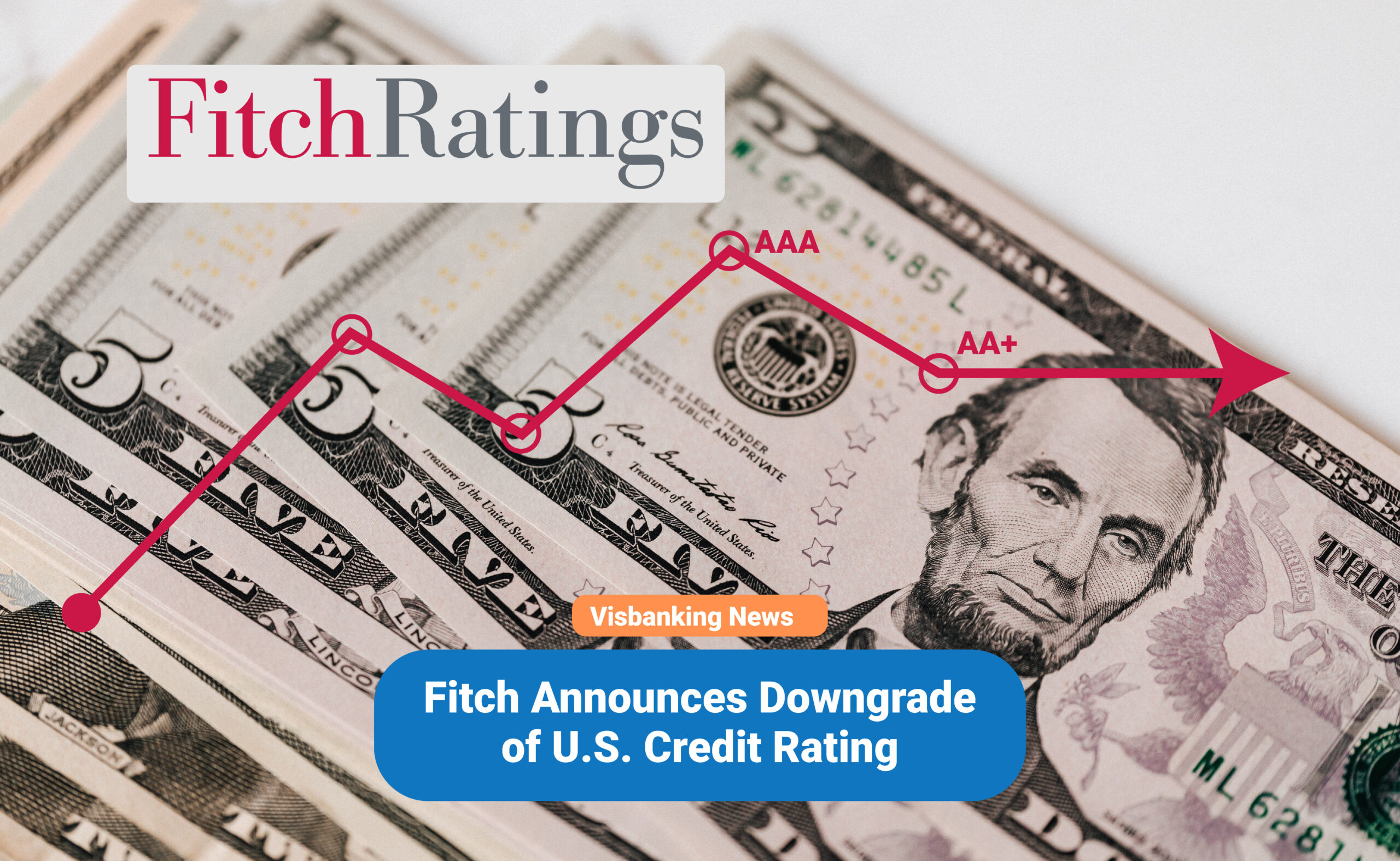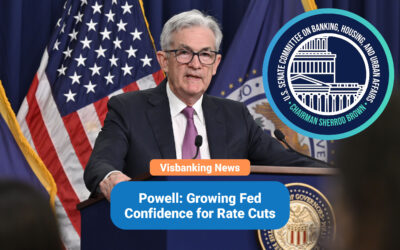Fitch Ratings has downgraded the U.S. credit rating from AAA to AA+ this week. The agency cited fiscal deterioration, growing debt, and an erosion of good governance as reasons for the downgrade. Specifically, Fitch pointed to repeated debt limit standoffs, complex budgeting processes, and a failure to address rising entitlement costs.
A host of credit rating concerns
In its Rating Action Commentary, Fitch addressed entitlement concerns:
“Over the next decade, higher interest rates and the rising debt stock will increase the interest service burden, while an aging population and rising healthcare costs will raise spending on the elderly absent fiscal policy reforms. The CBO projects that interest costs will double by 2033 to 3.6% of GDP. The CBO also estimates a rise in mandatory spending on Medicare and social security by 1.5% of GDP over the same period.”
The agency cited CBO estimates that predict the Social Security fund will be exhausted in just ten years. It also expressed concerns that the 2017 tax cuts could be made permanent before they expire in 2025.
Fitch suggested that a recession may occur sometime late in 2023 or early 2024. To support that expectation, the agency cited tight credit, reduced investment by companies, and lower consumer buying. It also cited various labor-related problems lingering since the pandemic shutdowns.
Response to the downgrade
Despite the stock market’s initial negative reaction to the news, Wall Street largely dismissed the U.S. credit rating downgrade during trading Wednesday. At the same time, however, some strategists worried that the move could embolden leaders of the BRICs trade bloc. Those countries, including Brazil, Russia, India, China, and South Africa are expected to meet in late August.
BRICs nations have spent years arguing in favor of an alternative world reserve currency. It is likely that they will point to the U.S. credit rating downgrade as further evidence that U.S. currency dominance needs to end.




